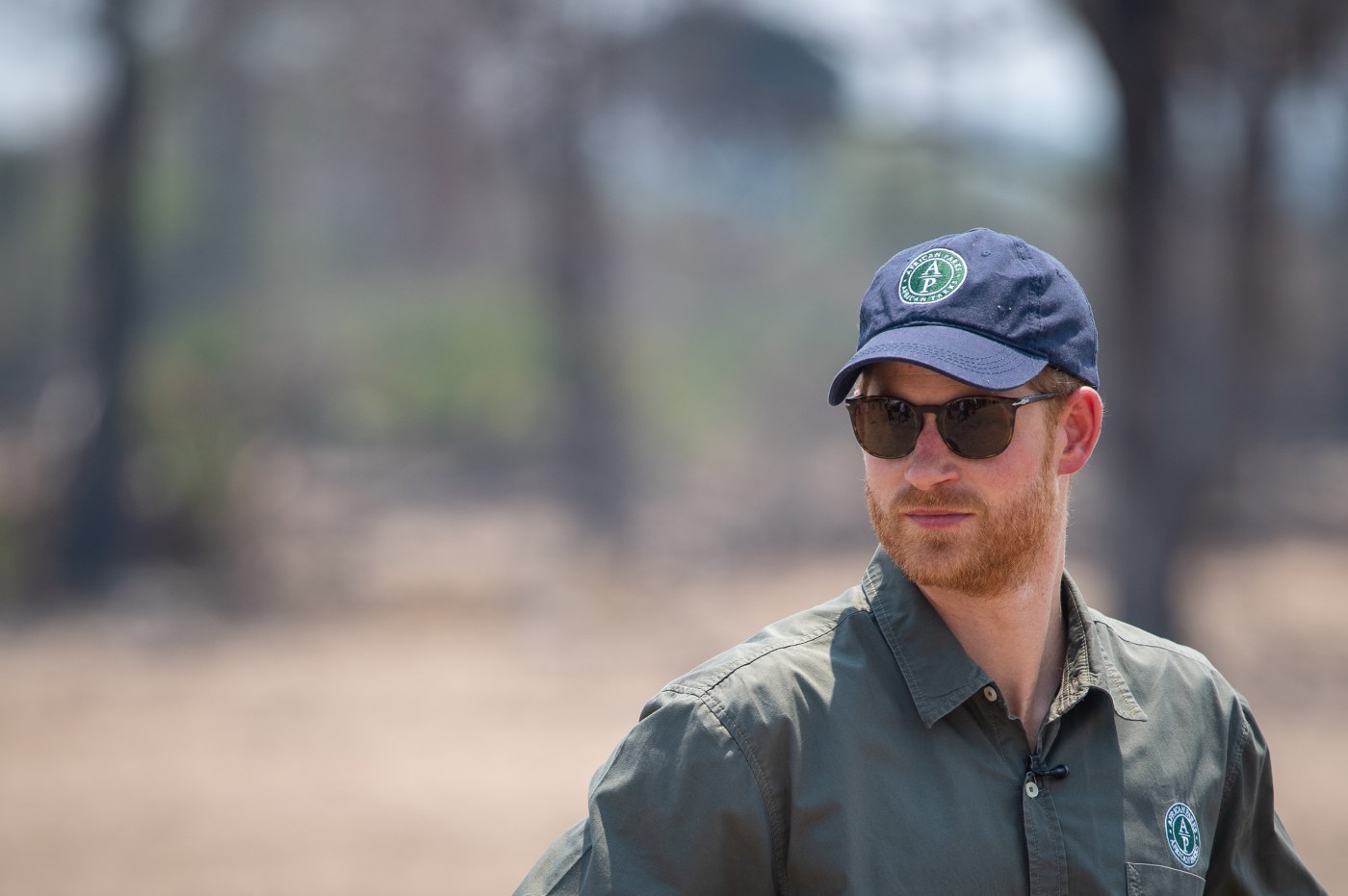
African Parks, a nonprofit on which Prince Harry sits on the board of directors, revealed Thursday that an internal investigation found that its rangers in a Congolese national park it manages committed human rights abuses and local, Indigenous people living in the area.
The investigation at the charity, long one of the signature charities in Harry’s philanthropic portfolio, was prompted by concerns raised in 2023 about alleged instances of torture, rape and forced evictions of Baka people in the Odzala-Kokoua National Park in the Republic of Congo.
“African Parks acknowledges that, in some incidents, human rights abuses have occurred, and we deeply regret the pain and suffering that these have caused to the victims,” the organization said in a statement following the conclusion of the investigation, which was said it be “independent” and carried out by a London-based human rights firm.
“There is no place for any form of abuse in the name of conservation, and African Parks is committed to upholding the rights of local communities and indigenous peoples,” the organization also said.
African Parks manages some 22 parks and protected areas for African governments, with the idea of protecting wildlife while spurring economic development around tourism and other industries. Harry’s association with African Parks began in Malawi in 2016 when he was part of the “expert team” that moved 261 elephants from one national park managed by the nonprofit to another. He was elevated to African Parks’ board of directors in 2023, the same year that the human rights abuses were first reported in a lengthy investigative report by the Mail on Sunday.
While Harry has long rhapsodized about his love for Africa, the estranged, California-based son of King Charles III has recently come under fire for harboring a “colonial and racist” approach to philanthropy and conservation in Africa.
The Duke of Sussex also was embroiled in controversy earlier this year, related to his Lesotho-based AIDS nonprofit Sentebale, after the Zimbabwe-born chairwoman, Sophie Chandauka, said it was a “vanity project” for him. After he announced his resignation from Sentebale’s board of trustees in a leadership skirmish with Chandauka, she also suggested that he and other UK-based trustees were participants in an organization rife with “abuse of power, bullying, harassment, misogyny (and) misogynoir (prejudice against against Black women).”
The racism and colonial accusations are sure to sting Harry, who has tried to present himself as enlightened on racial matters since meeting and marrying his biracial American wife, Meghan Markle, and decrying the racism directed at her when she married into the British royal family.
But hasn’t been able to escape the specter of the African Parks controversy. After the Mail reported on the human rights abuses, Survival International, a leading human rights group, called on the prince to resign. He didn’t, and Survival International called him out again last year, when he failed to address the abuses during an event he attended in New York City to promote the work of African Parks.
On Wednesday, Survivor International Director Caroline Pearce said that the controversy attaching itself to Harry appears to be the reason that African Parks finally commissioned the investigation. African Parks has known “for many years” that Baka men and women had been beaten, tortured and raped in the Congo basin by Odzala park rangers who are managed and paid for by the organization.
“But it was only after Survival complained to Prince Harry, and the ensuing global media story, that the charity finally commissioned this ‘independent investigation,’” she said.
But Pearce still criticized African Parks for not releasing the investigation report or for not making its findings public. She also expressed skepticism that much will change, even with the organization saying it was working to improve safeguards at Odzala park.
“The root of the problem – which the investigation did not address – is that African Parks continues to cling to a racist and colonial model of conservation which kicks out the Indigenous people whose land it is, while outsiders take control,” Pearce said. This approach is known as “fortress conservation,” and Pearce explain that it typically involves forcing Indigenous people off their ancestral lands, while outside organizations, like African Parks, take control and even direct militia-like armed rangers to enforce the law and prevent poaching.
“As long as this is the case, the Baka will continue to face abuses and the destruction of their livelihoods,” Pearce said. “The Baka are the forest’s best guardians: governments, foundations, and celebrity supporters like Prince Harry, should pull the plug on African Parks now, and stop their complicity in this crime.”